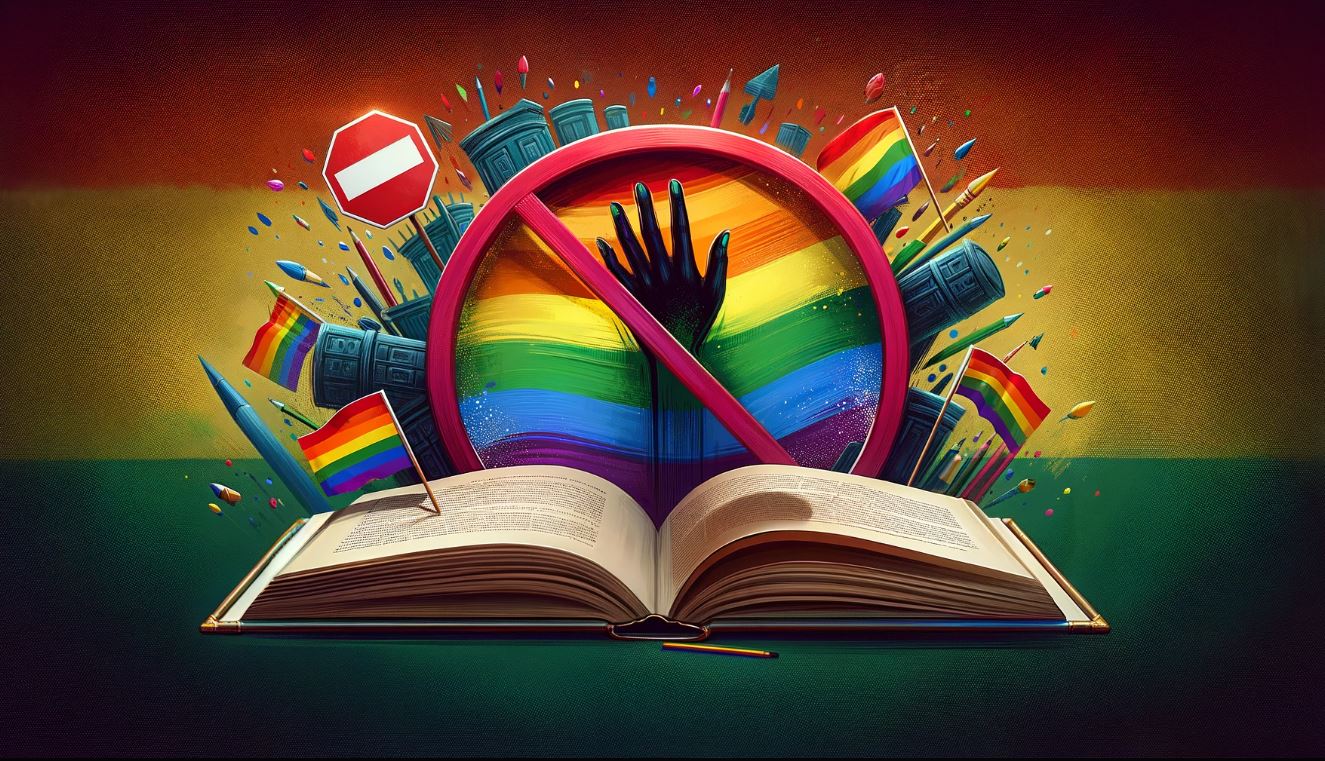Ghana : Education authorities specify ban on same-sex conduct
In Ghana, the recent actions by educational leaders have ignited a fiery debate, centering around the prohibition of same-sex relations within educational realms. The Ghana Education Service (GES), which orchestrates the framework of educational directives, is under fire for allegedly fueling an anti-LGBTQ+ narrative. This contention stems from their recent amendment to the “Code of Conduct for Students in the Pre-Tertiary Levels of Education.”
Rightify Ghana, a vigilant human rights organization, has highlighted the GES’s inclusion of a novel rule: “Engagement in sexual conduct with a peer of the same sex is deemed misconduct.” This update, however, seems to echo the pre-existing policy, which already classifies any student’s participation in sexual activities as inappropriate. The specificity of this new rule seems less about policy and more about casting a spotlight on queer sexuality as particularly controversial.
The fear that this move might amplify queerphobia in academic settings is palpable. Rightify Ghana expresses alarm, cautioning that such an arbitrary rule might unwittingly empower homophobic students and educators, potentially leading to harm against those merely suspected of being LGBTQ+.
This concern is not baseless. Rightify Ghana has documented around 100 disturbing instances of discrimination and violence in 2023 alone. A particularly harrowing episode recounts how six male students, perceived as effeminate and hence gay, were savagely assaulted by approximately 30 masked students on school grounds.
The organization underscores that many of these incidents are sparked by mere conjecture rather than concrete proof of any misconduct. It urgently calls on the GES to intervene in these matters of discrimination, bullying, violence, and harassment, especially against those students who are most vulnerable.
The broader landscape for LGBTQ+ individuals in Ghana is increasingly precarious. Ghana’s current Criminal Code already penalizes consensual same-sex relationships with up to three years of imprisonment. An even more stringent draft bill, currently navigating through the legislative process and backed by the nation’s Catholic Church, proposes to escalate the criminalization of homosexuality and LGBTQ+ identities.
Under this proposed legislation, self-identification as LGBTQ+ or as an ally could result in a three to five-year prison sentence, and advocacy for LGBTQ+ rights could lead to a decade behind bars.
Human Rights Watch has condemned the bill as a violation of Ghana’s human rights commitments. They warn that the bill’s passage would not only incite fear, hatred, and violence against LGBTQ+ Ghanaians but would also represent a significant regression in the nation’s democratic and humanitarian values.
In response to the escalating threats and violence against the LGBTQ+ community, the United States embassy in Ghana has issued a travel advisory, urging visitors to exercise increased vigilance while in the country.














+ There are no comments
Add yours